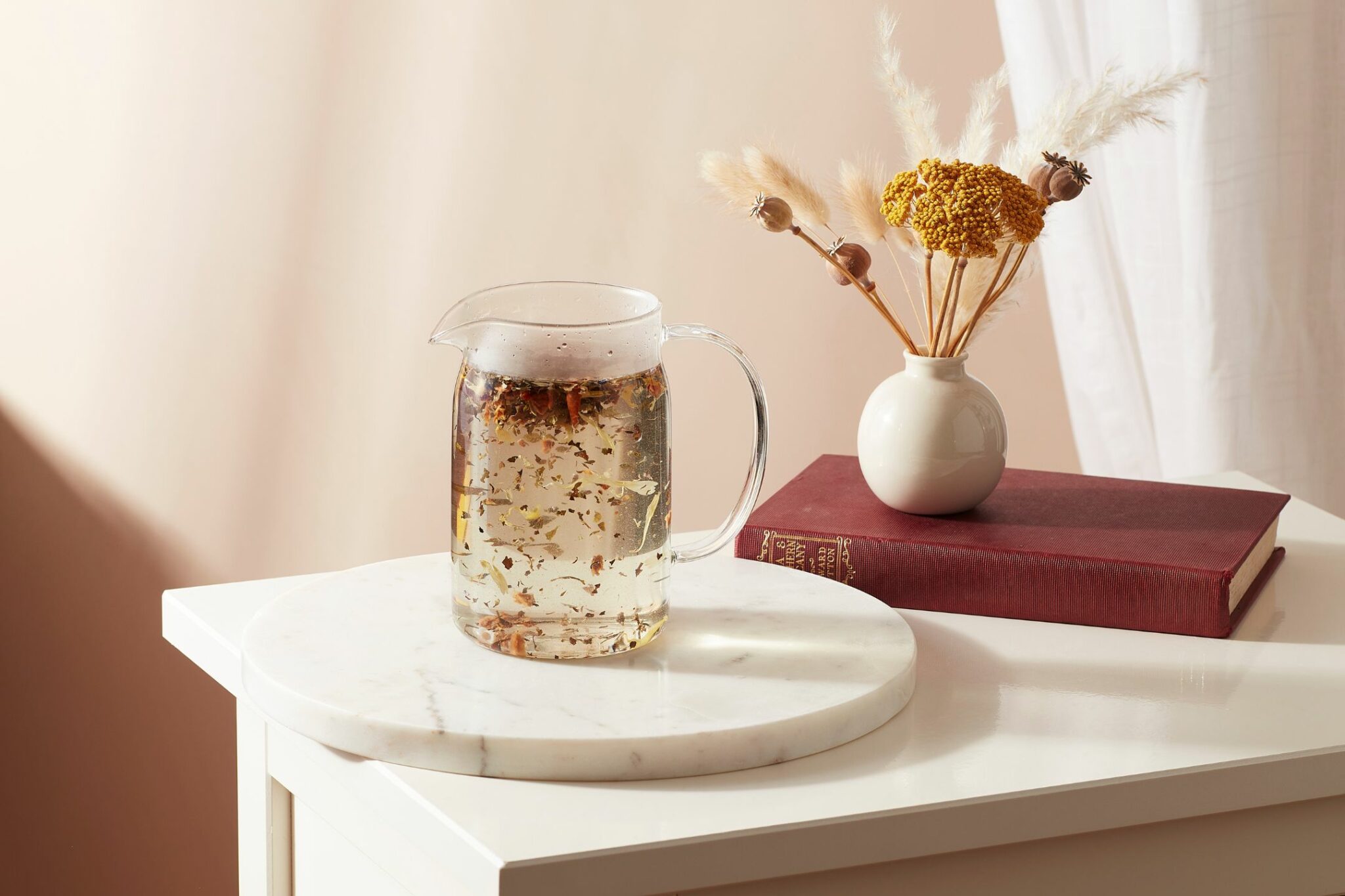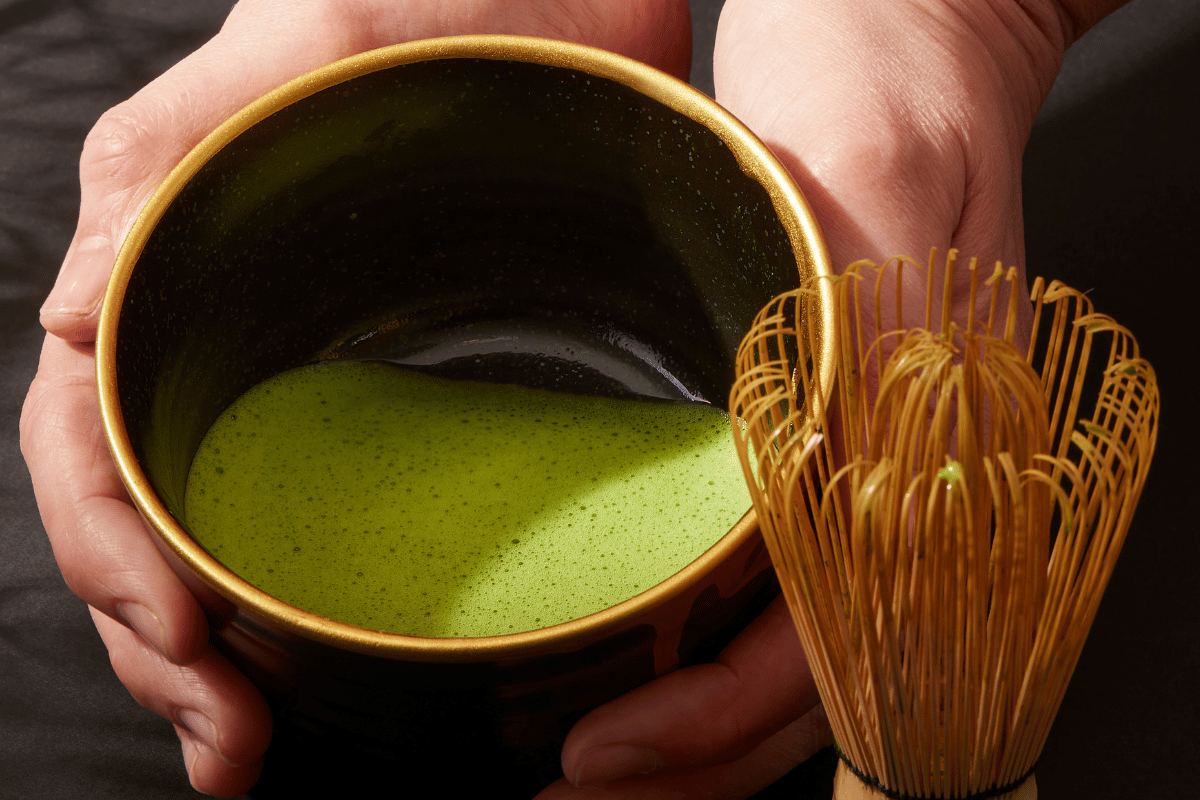Massaki Mori San & His Rare Sencha Green Teas
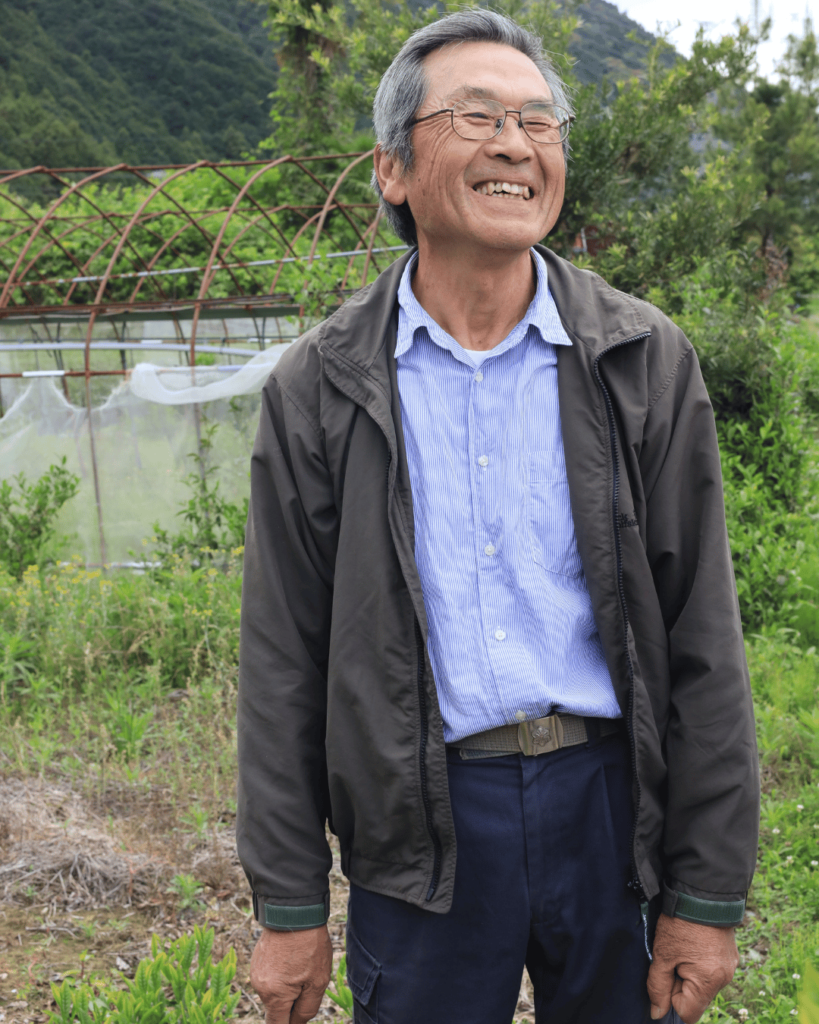
As part of our exclusive Platinum Tea Collection, we are honoured to share the story and work of Massaki Mori San and his rare sencha green teas — a man of quiet brilliance and deep-rooted tradition, whose ‘Honyama Sencha’ teas are among the most incredible we’ve had the pleasure to taste.
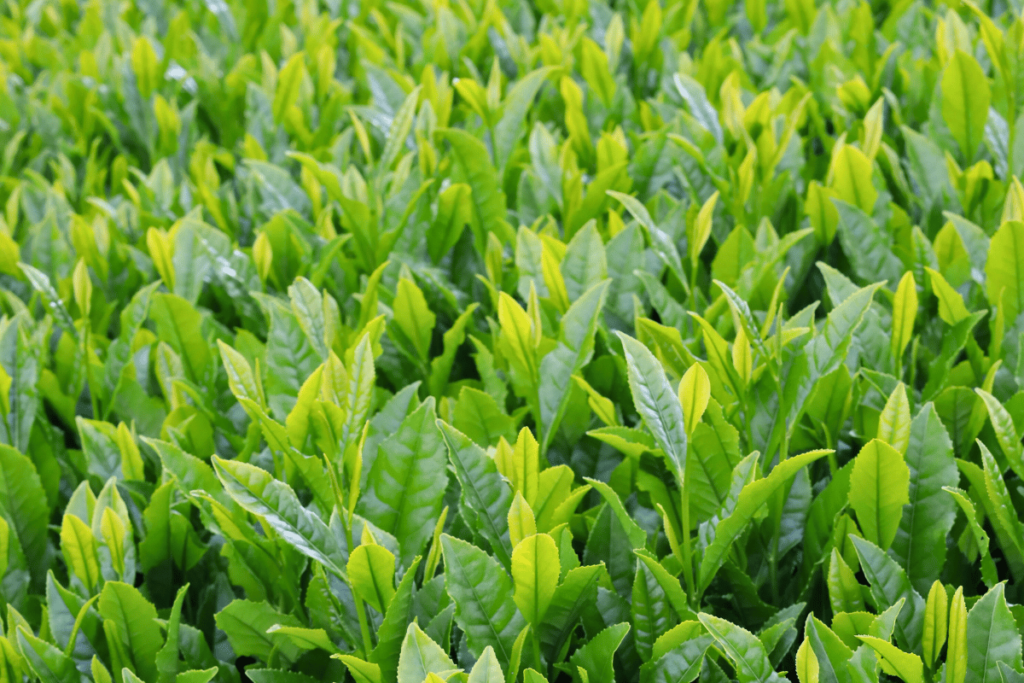
At 74 years old, Mori San is the 10th generation of tea producers in his family. He lives in the small village of Kosetto, tucked along the Honyama River in Shizuoka. On spring mornings, his gardens are cloaked in a thick, slow-moving fog — a veil that lingers just long enough to temper the sun and gently slow the growth of tea. Mori San believes this mist is what gives his teas a mineral clarity, a characteristic we’ve come to treasure.

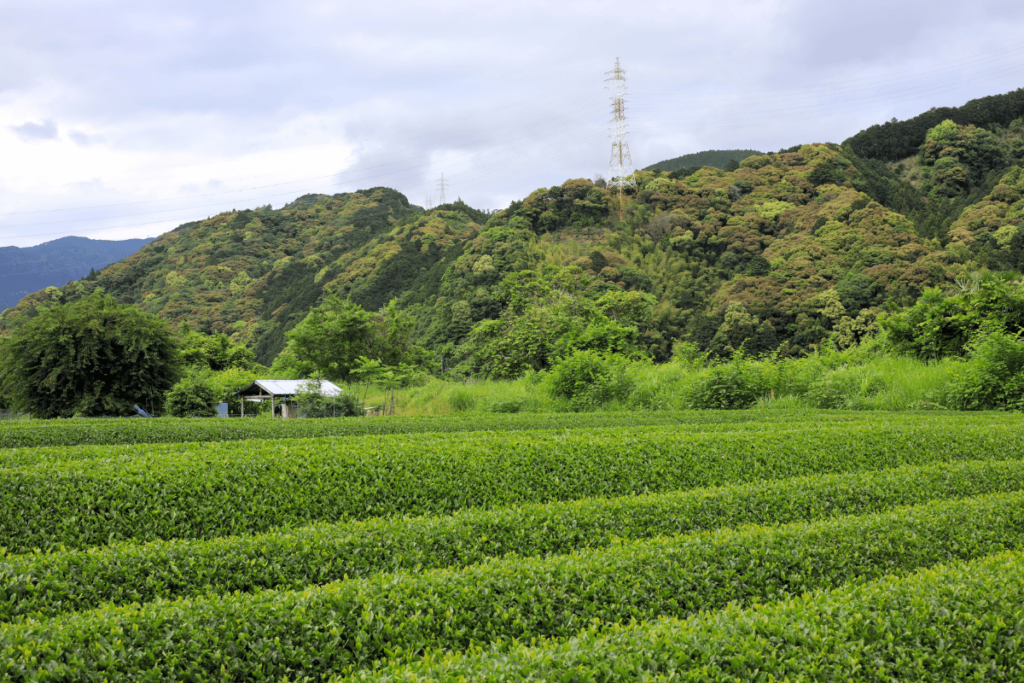
His is a life of quiet precision. With only a modest plot of land and traditional machinery passed down from generations, Mori San produces just 100kg of first flush sencha each year — a mere whisper in the world of tea production, and all the more precious for it. His days are spent in a rhythm of harvest and harmony, with the help of his daughter and lifelong friend, and his spare time is devoted to the loving care of an ornamental garden that surrounds his home — a living reflection of the balance and calm feeling in his teas.
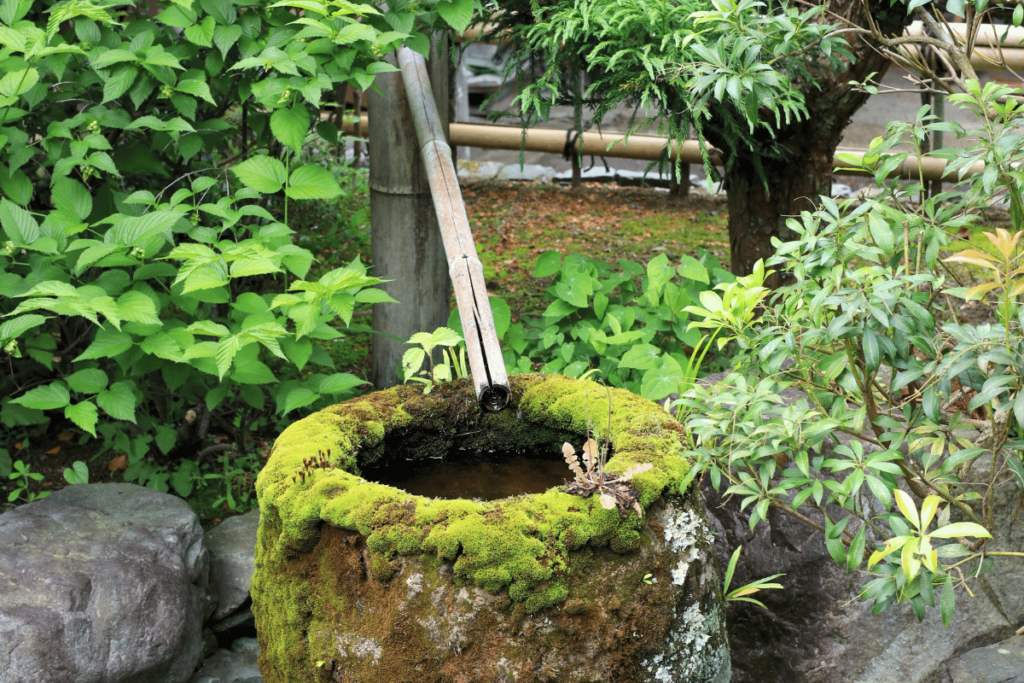
Mori San’s craft is singular. He uses a light steaming method (asamushi), coaxing the leaves into long, sharp needles with stems intact — a classic sencha style. We’ve given these leaves a subtle second steam, followed by oven roasting and de-stemming, resulting in a profile that’s rounder, nuttier, and perfectly suited to the Western palate, while still honouring the spirit of the original. In Japan, a touch more astringency in sencha teas is appreciated.
He grows three cultivars, each with a distinct character:
- Yabukita – Notes of baked cream, fresh bamboo, and sweet pea
- Okumidori – Hints of honeydew melon, tender vine, and deep umami
- Koshun – Silky, with layered umami and a flourish of wildflowers
While the cultivar Koshun is typically reserved for premium gyokuro, Mori San uses it to craft sencha — a quiet rebellion that yields a remarkable cup. His approach is both respectful of tradition and gently innovative, informed by decades of intuition and curiosity.
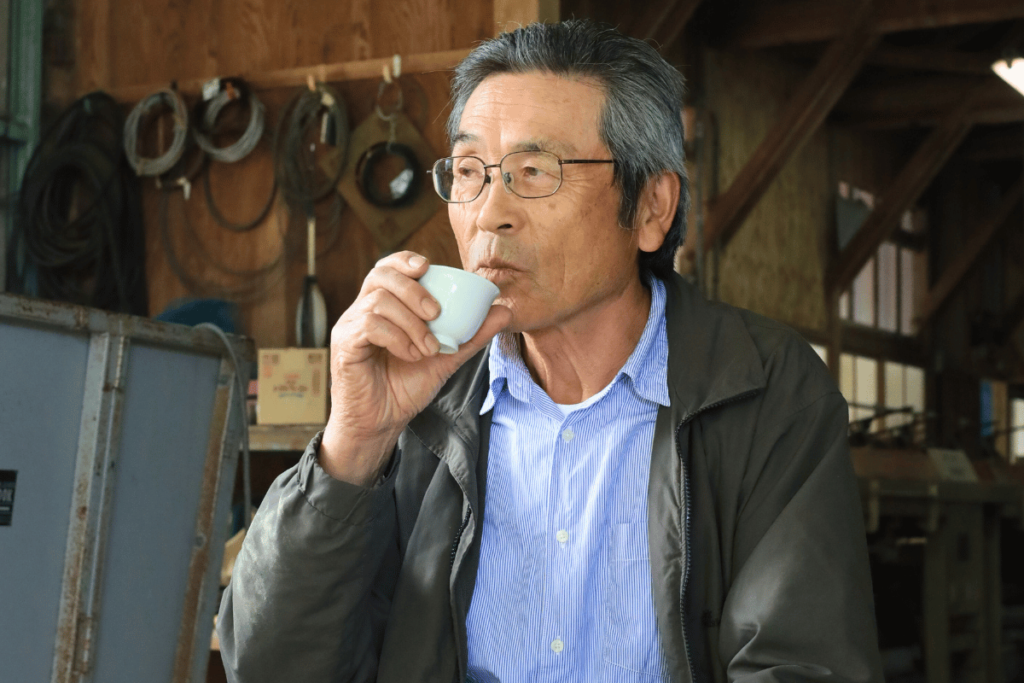
He often laughs as he talks, his voice tinkling with pride and humility. Though it’s possible he may be the last generation to farm this land, there is a light in his eyes and a gentleness in his words that suggest he is content — content with the pace, the precision, and the poetry of his life’s work.

We are so pleased to offer his teas, and to share just a small part of his story with you. Right now we are offering his most premium Honyama Sencha – the Honyama Sencha Koshun – with Yabukita and Okumidori to follow closely. Sign up to our emails to remain informed…

Honyama Sencha Koshun Cold Brew Tea
Did you know that sencha teas are equally as delicious hot as they are cold? To make a cold brew infusion of Mori San’s rare sencha teas, you will need:
1 litre of fresh, filtered water
6g of AVANTCHA Honyama Sencha Koshun
AVANTCHA self filling teabags (optional)
Add the tea leaves directly to the teapot, fill with water, and refrigerate for 6 hours. Once brewed, either decant the tea fully into serving glasses, another Grande Teapot, or a separate pitcher.
If you’re using self-filling teabags, you can simply remove the bags after brewing and keep the cold brew in the original teapot for easy serving.
If you enjoyed this piece on Mori San, you might also enjoy reading:






